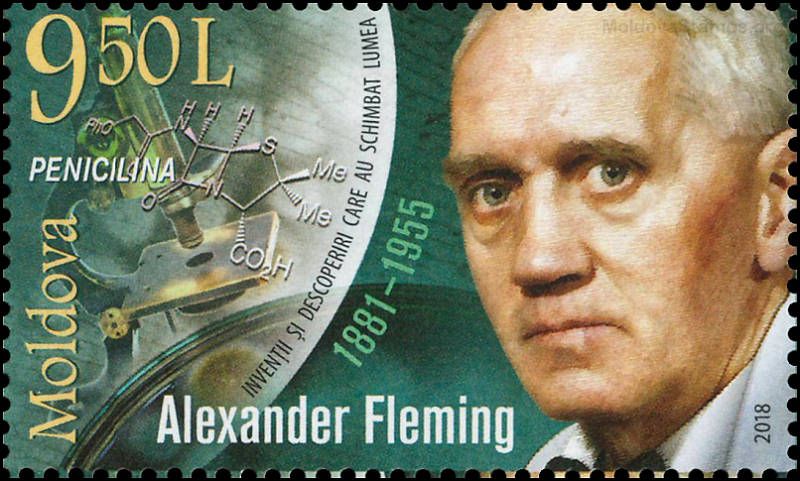His name was Fleming, and he was a poor Scottish farmer. One day, while trying to eke out a living for his family, he heard a cry for help coming from a nearby bog. He dropped his tools and ran to the bog.
There, mired to his waist in black muck was a terrified boy, screaming and struggling to free himself. Farmer Fleming saved the lad from what could have been a slow and terrifying death. The next day, a fancy carriage pulled up to the Scotsman’s sparse surroundings. An elegantly dressed nobleman stepped out and introduced himself as the father of the boy Farmer Fleming had saved.
“I want to repay you,” said the nobleman. “You saved my son’s life.”
“No, I can’t accept payment for what I did,” the Scottish farmer replied, waving off the offer.
At that moment, the farmer’s own son came to the door of the family hovel.
“Is that your son?” the nobleman asked.
“Yes,” the farmer replied proudly.
“I’ll make you a deal. Let me take him and give him a good education. If the lad is anything like his father, he’ll grow to a man you can be proud of.”
And that he did. In time, Farmer Fleming’s son graduated from St. Mary’s Hospital Medical School in London, and went on to become known throughout the world as Sir Alexander Fleming, the discoverer of penicillin.
Years later, the nobleman’s son was stricken with pneumonia. What saved him? Penicillin. The name of the nobleman? Lord Randolph Churchill. His son’s name? Sir Winston Churchill.
As good as it sounds, this popular anecdote of Winston Churchill’s father paying for Fleming’s education after Fleming’s father saved young Winston from death is false. According to the biography, Penicillin Man: Alexander Fleming and the Antibiotic Revolution by Kevin Brown, Alexander Fleming, in a letterto his friend and colleague Andre Gratia, described this as “A wondrous fable.” Nor did he save Winston Churchill himself during World War II. Churchill was saved by Lord Moran, using sulphonamides, when Churchill fell ill in Carthage in Tunisia in 1943.

It is, however, true that the discovery of penicillin, the world’s first antibiotic substance benzylpenicillin (Penicillin G) from the mould Penicillium notatum in 1928, by Alexander Fleming (1881-1955) had changed the world of modern medicine by introducing the age of useful antibiotics; penicillin has saved, and is still saving, the lives of millions of people around the world. The Scottish biologist, pharmacologist and botanist shared the Nobel Prize in Physiology or Medicine in 1945 with Howard Florey and Ernst Boris Chain.
Image: Moldova celebrated the discovery of penicillin by Alexander Fleming with a postage stamp issued in 2018. Courtesy Wikimedia Commons
